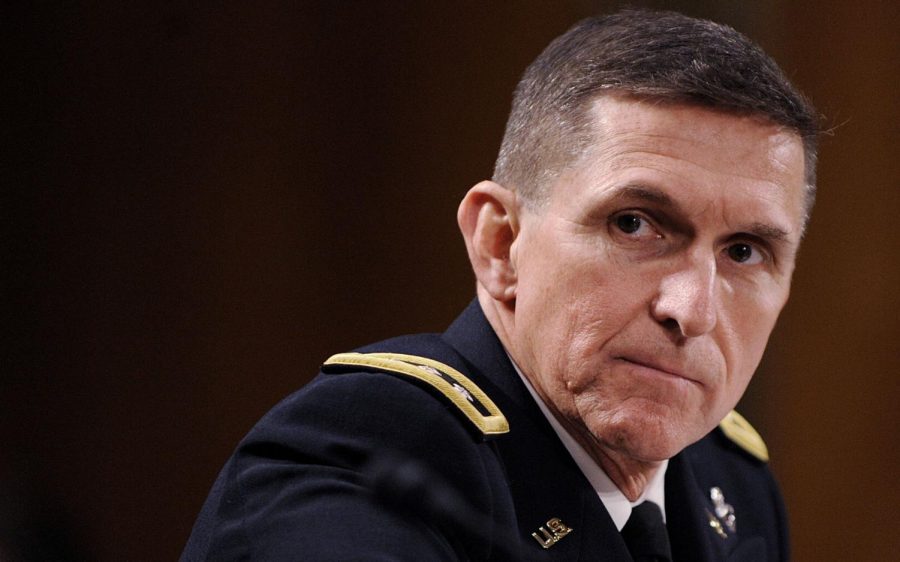National security advisor Michael Flynn resigns amidst allegations of Russian influence
President Donald Trump’s administration is going through yet another controversy.
On Feb. 13, Michael Flynn resigned from his position as Trump’s national security adviser. Trump was compelled to demand Flynn’s resignation after information was released that Flynn had illegally discussed sanctions against Russia with Russian ambassador Sergei Kislyak Dec. 29, the same day that Fmr. President Barack Obama imposed sanctions on Russia for its attempt to rig the election. The call took place before Flynn officially took office, meaning that he was in violation of the Logan Act, which states that private citizens cannot be involved in foreign policy.
Shortly after Trump took office, then Attorney General Sally Yates informed him that Flynn had discussed the sanctions with Kislyak. Trump was then pressured to call for an investigation of the situation. More than two weeks later, it was concluded by the reviewers that Flynn had not broken any laws. Flynn admits to the phone call with Kislyak; however, he says that he simply partook in small talk with the Russian ambassador.
After further investigation, it was revealed that the conversation was wiretapped and that there is a transcript of the conversation. With this evidence, the White House surmised that Flynn, in fact, had discussed the sanctions with Kislyak. Many believe that Trump and his advisors, notably Stephen Bannon, knew of the details of the conversation and assumed that Flynn would be able to get away with it.
However, once the evidence was too substantial to deny, Trump had no choice but to ask Flynn to resign. Flynn is sticking to his claim that had accidentally given “incomplete information,” denying that he intentionally lied.
Vice President Mike Pence publicly announced that the phone conversation did not involve anything about the sanctions on Russia. This announcement was based on what was told to him by Flynn. The Department of Justice Department feared that Flynn’s lying would give the Russian government leverage over him, making him vulnerable to blackmail. Therefore, his resignation was necessary to help ensure the security of the United States.
Trump still believes that Flynn did nothing wrong. He has said that it is “really a sad thing that he was treated so badly.” This implies that Trump was actually trying to cover for Flynn during the first investigations, which adds another element to the palpable corruption of the Trump administration.
Trump’s first choice of a replacement for Flynn was Vice Admiral Robert Harward, previously part of the Navy’s vaunted special warfare community. Harward turned down the offer from the president, because he wanted to be able to select his own staff for the office, and Trump would not guarantee him this option.
Other officials have also speculated that he turned down the position because he is already financially secure as a senior executive at Lockheed Martin. Trump has subsequently nominated Army Lt. Gen. H. R. McMaster to step into the position of national security advisor.







